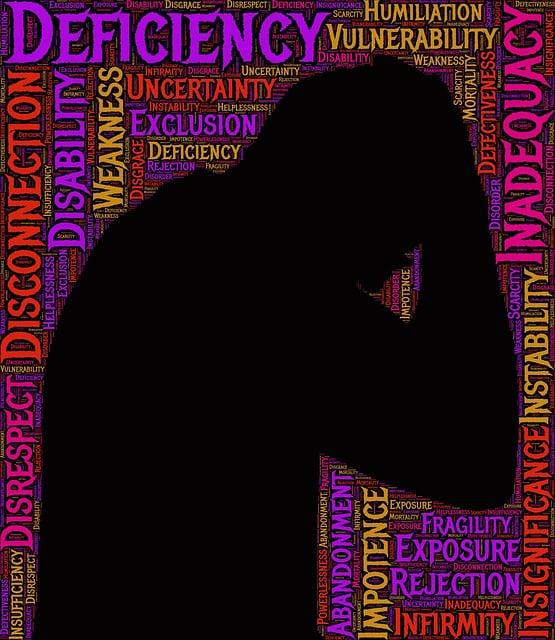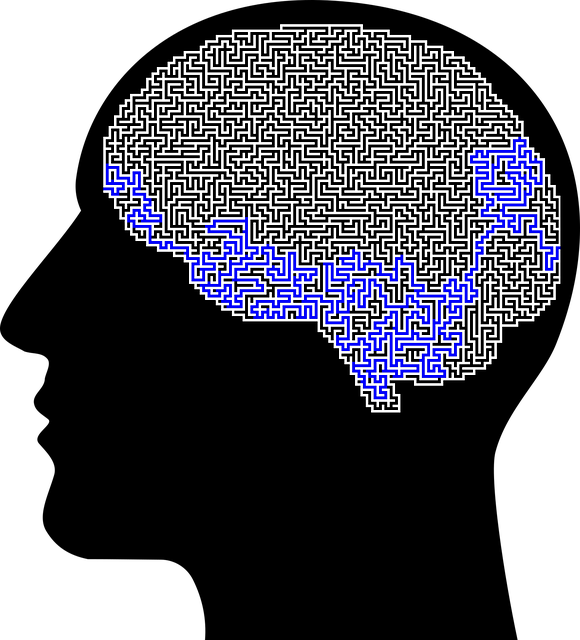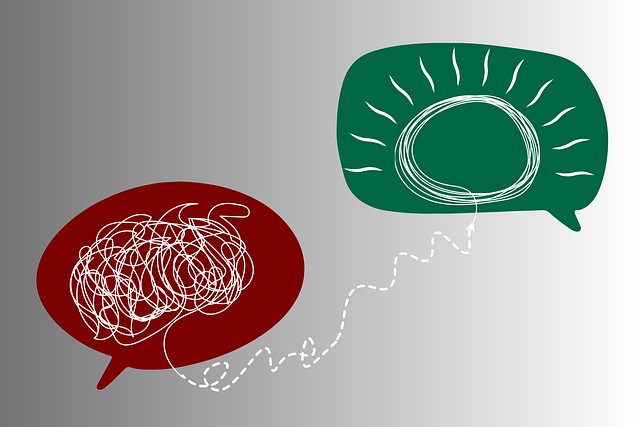Healthcare provider burnout, fueled by high workload and emotional demands, negatively impacts well-being and patient care. Lone Tree Interpersonal Issues Therapy offers a promising solution by addressing interpersonal conflicts, integrating anxiety relief and conflict resolution techniques through coaching programs. This approach fosters resilience, improves communication, increases job satisfaction, and promotes healthier work-life balance, ultimately enhancing patient safety. By prioritizing interpersonal considerations and implementing strategies like IIT and CBT, healthcare organizations can create a supportive environment that mitigates burnout risks.
Healthcare provider burnout is a growing concern, with professionals facing relentless challenges. This article explores effective strategies to combat this issue, focusing on the unique context of Lone Tree healthcare settings. We delve into the root causes, from interpersonal dynamics and workload stress to potential symptoms. Key areas addressed include the therapeutic approaches tailored for Lone Tree providers, creating supportive work environments, and essential self-care practices. By understanding these factors, we aim to equip healthcare professionals with tools to thrive.
- Understanding Burnout Among Healthcare Providers: Causes and Symptoms
- The Role of Interpersonal Issues in Provider Burnout
- Therapy Approaches to Address Burnout at Lone Tree
- Creating a Supportive Work Environment to Prevent Burnout
- Self-Care Strategies for Healthcare Professionals: A Comprehensive Guide
Understanding Burnout Among Healthcare Providers: Causes and Symptoms

Burnout among healthcare providers is a growing concern, affecting their well-being and patient care quality. It stems from various factors, including high workload, emotional demands, and limited control over work environments. Symptoms manifest as physical exhaustion, cynicism towards patients, and reduced professional efficacy. The impact can be severe, leading to decreased job satisfaction, increased absenteeism, and potential risks to patient safety.
Lone Tree Interpersonal Issues Therapy has emerged as a valuable tool in addressing burnout. By focusing on identifying and resolving interpersonal conflicts, therapists help healthcare providers manage stress and improve communication skills. Additionally, Anxiety Relief techniques and Conflict Resolution Techniques can be integrated into Mental Wellness Coaching Programs Development, offering practitioners tools to cope with challenging situations. These strategies promote resilience, enhance job satisfaction, and ultimately contribute to a healthier work-life balance for healthcare professionals.
The Role of Interpersonal Issues in Provider Burnout

Interpersonal issues play a significant role in healthcare provider burnout, often overlooked yet profoundly impactful. The demanding nature of healthcare work exposes providers to intense emotional and physical stressors daily, which can strain their interpersonal relationships and mental well-being. Lone Tree Interpersonal Issues Therapy recognizes that these challenges extend beyond individual struggles; they are deeply intertwined with the complex dynamics among colleagues, patients, and families.
Effective burnout prevention strategies must address these interpersonal aspects by fostering a supportive work environment through community outreach programs. Implementing initiatives that promote open communication, empathy, and emotional resilience can significantly contribute to anxiety relief and inner strength development among healthcare providers. By prioritizing these interpersonal considerations, healthcare organizations can create a more sustainable and fulfilling work environment, ultimately mitigating burnout risks.
Therapy Approaches to Address Burnout at Lone Tree

At Lone Tree, therapists employ various therapy approaches to combat burnout among healthcare providers. One effective method is Interpersonal Issues Therapy (IIT), which focuses on improving relationships and communication skills. By addressing underlying interpersonal conflicts and emotional challenges, this therapy helps healthcare workers manage stress more effectively and enhance their overall well-being.
Additionally, mood management techniques are integral to burnout prevention strategies for healthcare providers at Lone Tree. Therapists guide individuals through cognitive behavioral therapy (CBT) to identify and challenge negative thought patterns, thereby improving mood regulation. Public awareness campaigns development is another key aspect, educating both professionals and the public about burnout, its signs, and available support systems. These initiatives contribute to a culture that prioritizes mental health, fostering resilience among healthcare providers in Lone Tree.
Creating a Supportive Work Environment to Prevent Burnout

Creating a supportive work environment is a proactive approach to prevent healthcare provider burnout. Organizations should encourage open communication and collaboration among team members, fostering a sense of belonging and mutual support. This can be facilitated through regular staff meetings, where individuals share their experiences, challenges, and successes, creating a safe space for interpersonal issues therapy. By addressing emotional labor and promoting work-life balance, healthcare facilities can significantly reduce stress levels.
Additionally, implementing programs that focus on mental wellness, such as the Mental Wellness Podcast Series Production, can be beneficial. These initiatives enhance self-awareness exercises and encourage positive thinking among staff. Through accessible resources and open dialogue, healthcare providers can develop coping mechanisms to navigate demanding situations, thereby preventing burnout in the long term.
Self-Care Strategies for Healthcare Professionals: A Comprehensive Guide

Healthcare professionals often put their patients’ well-being first, prioritizing their care and comfort above their own. However, this selflessness can lead to burnout if they neglect their personal needs. Implementing effective self-care strategies is essential for maintaining resilience against stress, fatigue, and emotional exhaustion. A comprehensive guide to self-care for healthcare providers should include routine development focused on both physical and mental health.
Incorporating practices that promote well-being, such as regular exercise, balanced nutrition, and sufficient sleep, forms the foundation of a strong self-care routine. Additionally, fostering positive thinking and applying mind over matter principles can help professionals navigate interpersonal issues and reduce stress. Engaging in activities that bring joy, setting clear boundaries, and seeking support from colleagues or therapists, like Lone Tree Interpersonal Issues Therapy, are vital components of maintaining a healthy work-life balance. By prioritizing self-care, healthcare providers can enhance their resilience, improve patient outcomes, and sustain their dedication to helping others.
Healthcare provider burnout is a complex issue, exacerbated by interpersonal issues and demanding work environments. However, with the right strategies, it can be prevented and managed effectively. At Lone Tree, therapy approaches have proven successful in addressing burnout, emphasizing the importance of self-care and supportive work cultures. By understanding the causes and symptoms, implementing meaningful changes to work environments, and adopting comprehensive self-care practices, healthcare professionals can mitigate burnout risks and enhance their well-being.













